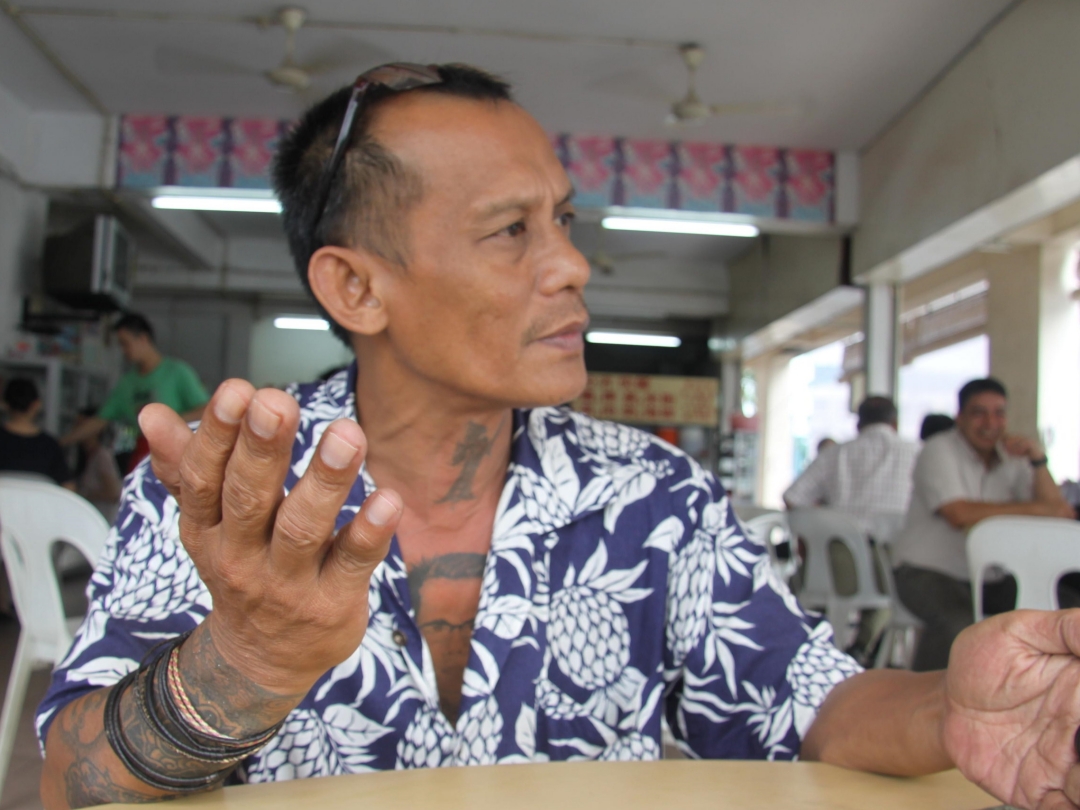ADVERTISE HERE
 The court complex in Kuching.
The court complex in Kuching.By Dorcas Ting
KUCHING, Oct 2: In the ongoing estate dispute involving Dato Sri Sulaiman Abdul Rahman Abdul Taib and Dato Sri Mahmud Abu Bekir Taib as plaintiffs, against Datuk Patinggi Raghad Kurdi Taib and RHB Investment Bank Berhad as defendants, the cross-examination of a key witness, Datu Mohamed Ali Mohamed Sheriff, took centre stage in the courtroom.
At the heart of the dispute is the admissibility of witness testimony on Syariah law. Counsel for the first defendant, Alvin Yong, raised objections to paragraphs 11 through 19 of a witness statement, claiming that they constituted opinion evidence, which, under Section 45 of the Evidence Act 1950, is generally inadmissible unless provided by experts on foreign law or specialized subjects like science or art.
“Syariah law is not a foreign law in Malaysia,” Yong argued, emphasising its integral role in the Malaysian legal framework.
Tan Kee Heng, counsel for the second defendant, reinforced this argument, stating that the testimony of the witness, a former Chief Judge of the Syariah Court of Sarawak, did not qualify as expert evidence under the Act, as the law in question was Syariah, not a foreign law.
In response, Alvin Chong, lead counsel for the plaintiffs, argued that the witness was qualified to provide testimony on Syariah law due to his judicial experience. He emphasised that the witness was not providing an opinion on foreign law but was helping the court understand the Syariah principles governing the case.
“The defendants themselves raised the issue of Syariah law in their pleadings,” Chong argued, stressing the relevance of the witness’s testimony. He also cited the ‘Junaidi Bin Abdullah v Public Prosecutor’ case, which set a precedent for allowing expert witnesses to provide clarity on specialised legal subjects, including Syariah law.
However, the Kuching High Court overruled these objections, allowing the cross-examination to proceed, though the admissibility of specific witness statements would remain contentious.
The cross-examination revolved around the application of Islamic inheritance law, or faraid, which dictates the distribution of assets among heirs. Mohamed Ali was called as an expert witness to clarify the nuances of faraid and its relevance to the estate in question.
Defense counsel Yong, rigorously questioned the witness about how faraid would be applied to the diverse range of assets under dispute, spanning property, vehicles, shares, and other holdings. Yong probed the witness on the legal steps necessary before faraid could be enacted, highlighting potential complexities in dividing the assets fairly among the heirs.
Mohamed Ali explained that while faraid is clear in its division formula, the actual process of distributing assets must occur before any individual beneficiary can claim their entitled portion. He emphasised that faraid applies only after debts, bequests, and any other legal obligations are settled. This point became a focal aspect of the cross-examination, as the defense pushed for clarity on whether the estate had followed these legal processes.
Mohamed Ali confirmed that, under faraid, the late Tun Pehin Sri Abdul Taib Mahmud who was the plaintiffs’ father and husband to Raghad was entitled to 25 per cent of certain assets, including properties, shares, and other valuables of his late wife Datuk Patinggi Laila Taib, but noted that this entitlement would need to be divided among the beneficiaries before Taib could claim his share.
Mohamed Ali was also questioned on the civil law principle of hibah (gifts), which allows a person to gift assets during their lifetime. However, the counsel for the plaintiffs objected to this line of questioning, stating that civil law matters were not within the witness’s expertise, which was primarily in Syariah law.
Yong questioned if Mohamed Ali agreed that Taib was entitled to give 27,750,000 shares under the principle of hibah. Mohamed Ali said Taib was supposed to distribute the shares in question first, then it is up to him whether he wants to give or not and then get it certified by Syariah Court.
When asked if he agreed that in respect of Taib’s share in Laila’s estate, since Taib has also passed away, the first defendant Raghad now has a claim on Taib’s shares in Laila’s estate under Syariah Law, Mohamed Ali answered, to avoid confusion, the distribution of Laila’s shares have to be given to all the beneficiaries. Then since Taib already passed away, the first defendant can go to the Syariah Court to ask for faraid.
Counsel for the second defendant, Tan, further interrogated Mohamed Ali on how faraid principles would apply to assets that may have fluctuated in value over time, such as shares and business interests. Mohamed Ali reiterated that while the principles of faraid are fixed, the practical distribution requires accurate valuation at the time of division, a point that could introduce further complexities into the estate management.
Mohamed Ali maintained that while challenges exist, the law provides a structured pathway for resolution, but only once all obligations are satisfied and assets are clearly identified.
The plaintiffs are represented by a legal team comprising Chong, Ezekiel John Chong, Harizan Hanzah, and Jonathan Tay. Meanwhile, Raghad is represented by Yong, Shirleen Ong, and Wong Chun Ming, while RHB Investment Bank Berhad is represented by Tan and Lesley Ling.
High Court Judge Alexander Siew How Wai who is presiding over the case set Feb 17, 2025 for hearing or further clarification on the case.
 Counsels for the defendants (from left) Ong, Yong, Tan and Ling.
Counsels for the defendants (from left) Ong, Yong, Tan and Ling. Mahmud Abu Bekir (second left) with his legal team (from left) Chong, Tay, Ezekiel John and Harizan.
Mahmud Abu Bekir (second left) with his legal team (from left) Chong, Tay, Ezekiel John and Harizan.— DayakDaily











 English (US) ·
English (US) ·